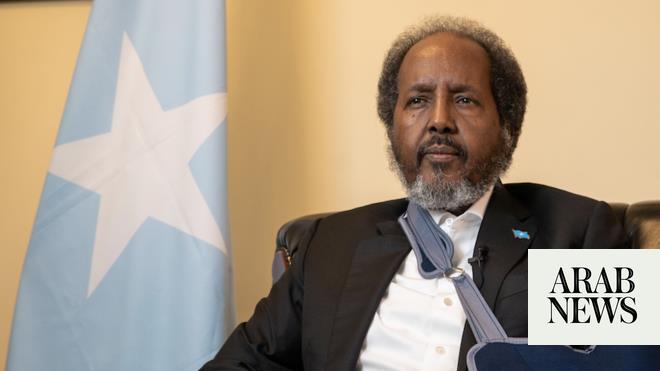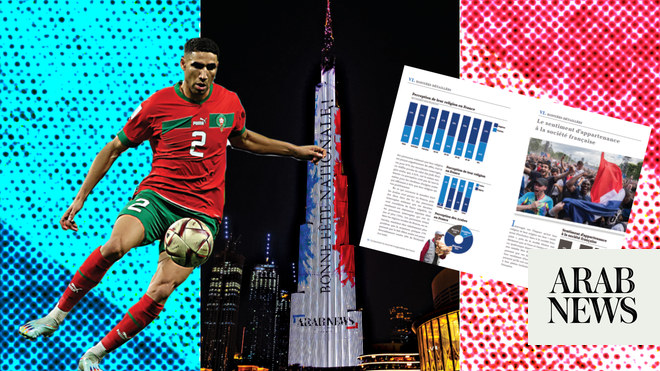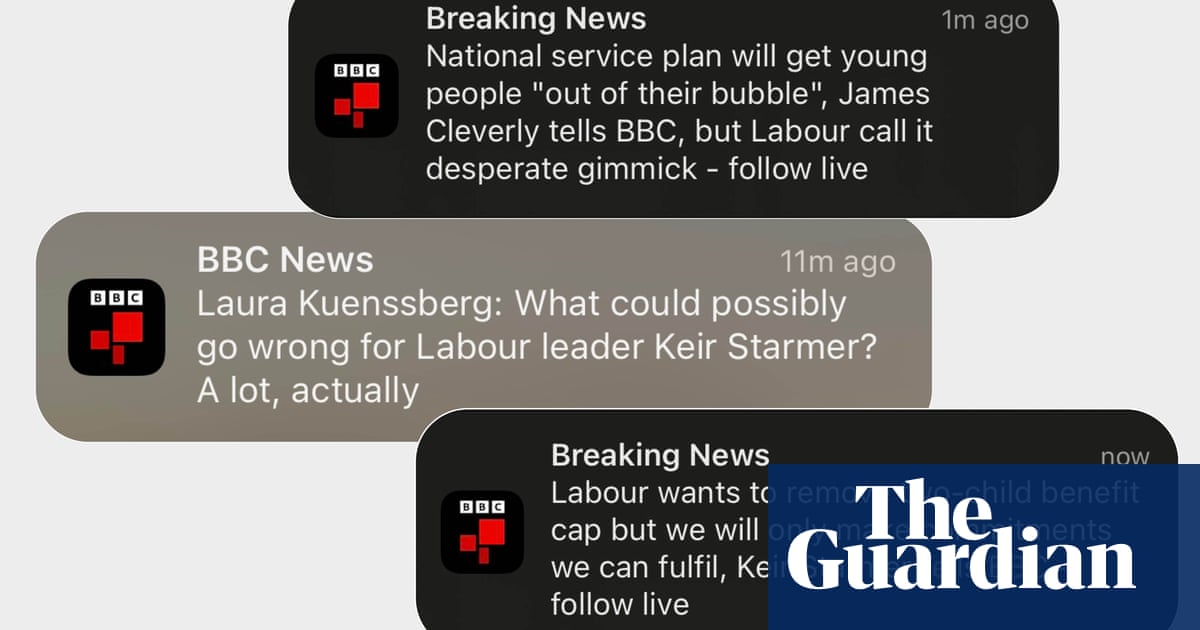
The first Arab News bureaus to open outside of Saudi Arabia were in London, Southeast Asia and Dubai
Most regional stories have an international dimension and Arab News has expanded to reflect that
JEDDAH: “Arab” news, for better or for worse, is rarely solely confined to the region.
From the bloody conflict in Syria and the Israeli-Palestinian conflict, to the investment moves made by the wealth funds of Saudi Arabia and the UAE, most regional stories have an international dimension — and this newspaper has expanded its global footprint to reflect that.
Before September 2016, Arab News had no global bureaus or correspondents, nor did it have a vision for growing its international audience.
Since that date, we have been creating new bureaus and recruiting new contributors regionally and internationally, as part of our “more digital, more global” strategy. This aims at attracting non-Arabic speakers across the world who are seeking specialist information about Saudi Arabia and the Arab world.
It means we can cover how the latest policy decision in Washington, a military move by Moscow, or a massive business investment from Beijing may impact the Arab world.
Just as decisions made on the global stage reverberate in the Middle East and North Africa, countries in the Arab world, notably Saudi Arabia, have ever closer ties with Western powers. Witness the ongoing visit by Saudi Crown Prince Mohammed bin Salman to the US.
The first Arab News bureaus to open outside of our headquarters in Saudi Arabia were in London, Southeast Asia and Dubai.
Award-winning journalist Baker Atyani leads the Southeast Asia bureau, with contributors in Islamabad, New Delhi, Kabul, Manila and Jakarta. Major stories from that bureau include an interview with Pakistan’s Prime Minister Shahid Khaqan Abbasi.
Our global operations are complemented by the Dubai bureau, headed by Ross Anderson and the London bureau, run by Ben Flanagan.
On top of this, Arab News also has foreign contributors across the globe, reporting to Jonathan Lessware, the newspaper’s foreign editor.
Of course, the Middle East remains a key area of interest to our editors and readers. Regional contributors include Daoud Kuttab in Amman, Hazem Balousha in Gaza City, Najia Houssari in Beirut, Suadad Al-Salhy in Baghdad and Menekse Tokyay in Ankara.
As global interest in the Arab world grows, so does our network of contributors and readership. We are connecting the world.












